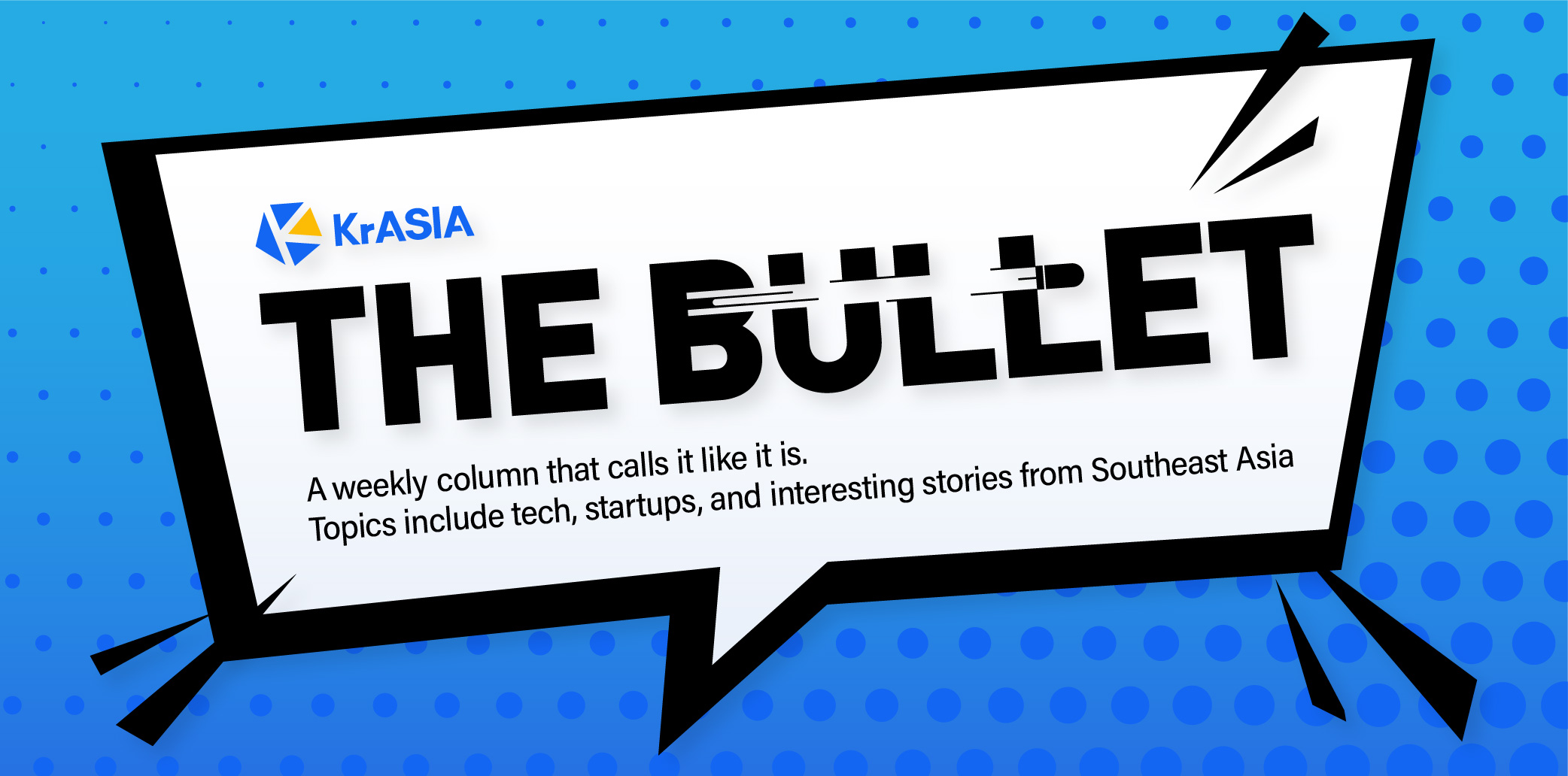China’s biggest tech companies are rushing to develop their own versions of ChatGPT, the AI-powered chatbot that has set the U.S. tech world buzzing, despite questions over the capabilities and commercial prospects of the technology.
Alibaba Group Holding, Tencent Holdings, Baidu, NetEase and JD.com all unveiled plans this week to test and launch their own ChatGPT-like services in the near future, eager to show the results of their AI research efforts are just as ready for prime time as those of their U.S. counterparts.
Microsoft-backed ChatGPT prompted the chase after becoming recognized as the fastest-growing consumer app in history since its launch in November. The chatbot can generate articles, essays, jokes, and even poetry in response to prompts. Google recently announced a similar service, Bard AI, though a rocky demonstration of the technology sent shares in parent company Alphabet sharply lower on Wednesday.
Competition in AI-related technology also has geopolitical overtones—it is one of the most hotly contested fields in the U.S.-China tech rivalry.
Shares of Baidu surged to an 11-month high after the search giant on Monday revealed its plan to launch the ChatGPT-style “Ernie Bot,” which is built on tech the company said has been in development since 2019. The company aims to complete internal testing in March before making the chatbot available to the public.
Following Baidu’s announcement, Alibaba said it is internally testing a ChatGPT-style tool, without revealing more details. The e-commerce conglomerate’s shares closed up 3.96% in Hong Kong on Thursday.
Tencent confirmed its plans for ChatGPT-style and AI-generated content on Thursday, saying relevant research is underway “in an orderly manner.”
Online retailer JD.com said it plans to integrate some of the technologies that underpin applications like ChatGPT, such as natural language processing, in its own services. Gaming giant NetEase said it is researching the incorporation of AI-generated content into its education unit.
Chinese media reported on Thursday that ByteDance’s AI lab has launched certain research initiatives on technologies to support its virtual reality arm Pico. However, a person familiar with the matter at ByteDance told Nikkei that the report was false.
Some in the industry say the buzz around AI should be treated with skepticism.
“Making use of AI-generated content is a natural thing,” an executive from one of the leading listed Chinese tech companies told Nikkei, asking not to be named. “Whenever there is a so-called next big thing, multiple companies will announce that they are in this area, but some companies may be just hyping with the catchword without any concrete product.
“Another challenge is China’s heavy censorship of cyberspace, which will make AI-generated content difficult, too.”
Kai Wang, a senior equity analyst for Morningstar Asia Limited, said many Chinese AI companies view ChatGPT-like technology as a long-term growth driver for their products, so once they saw Baidu announce its plan to launch a similar product in March, many other AI companies wanted to capitalize on the opportunity as well.
However, Wang warned of uncertainties regarding how a chatbot would work in China, as these products are still in their early stages of development.
“There is a lot of uncertainty over the competitive landscape, regulations and, ultimately, how well it works at this stage,” he said. “We also have to be wary about how monetization of these products would work and how margin dilutive they are in the long run.”
Chinese artificial intelligence-related stocks plunged on Thursday after state media warned about the risks of “some new concepts” being overhyped.
“Some people avidly speculate on fake concepts, luring others into pump-and-dump schemes,” an editorial in the Securities Times said. “Investors eventually end up in tears, so they should not follow.”
This article first appeared on Nikkei Asia. It has been republished here as part of 36Kr’s ongoing partnership with Nikkei.

